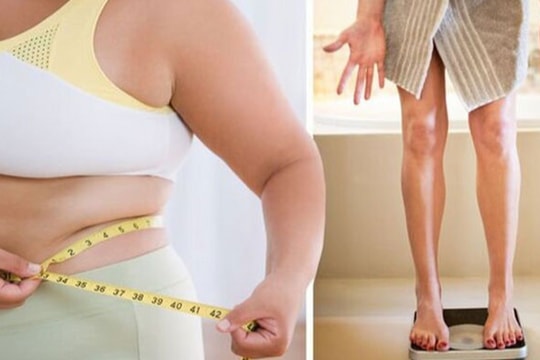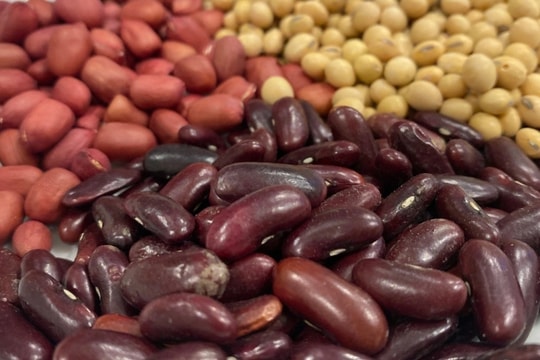Top 5 Most Harmful Diets
The following diets are all extreme and do not meet the recommendations of the Centers for Disease Control and Prevention (CDC).

However, in the long run, these methods have proven to be extreme and inconsistent with the recommendations of the Centers for Disease Control and Prevention (CDC).
According to the CDC, which guides healthy weight loss, the average person should only eat as many calories as they can “burn” each day.
These calories should come from fruits, vegetables, whole grains, lean meats and fish, eggs and low-fat dairy products and they should also be low in cholesterol, saturated fat and trans fat.
But people often tend to look for quick and easy ways to lose weight that are definitely extreme and not recommended by the CDC:
Diet with cotton:Dieters who follow this diet will often swallow cotton balls with some sweet food like juice or smoothies. They are filling and have almost no calories but because they cannot be digested, they can cause intestinal blockage, build up of toxins and lead to malnutrition.
Cookie Diet:Diet cookies can contain many essential nutrients but it can be expensive and is not a long term solution and cannot provide all the nutrients the body needs.
Master Cleanse Diet:Based on the juice diet, the ingredients in this diet include fresh lemon juice, maple syrup, and cayenne pepper. Dieters on this diet drink this juice throughout the day, take a laxative at night, and drink salt water in the morning as a detox. This diet usually lasts for 10 days.
Diet with activated charcoal:This diet helps you lose weight and detoxify with a formula of only fruit juice mixed with activated charcoal... and no other foods. Activated charcoal is used in emergency rooms when patients have food poisoning. The body cannot absorb activated charcoal, so the toxins will be released with the charcoal. But the weight loss is due to the low calorie content of the fruit juice.
Sleep Diet:A good night's sleep can be the key to weight loss when combined with a healthy diet and exercise. But the sleep diet involves taking certain sedatives to sleep through meals, avoiding eating. It reduces calorie intake significantly but leaves the person feeling hungry and weak when they wake up.





